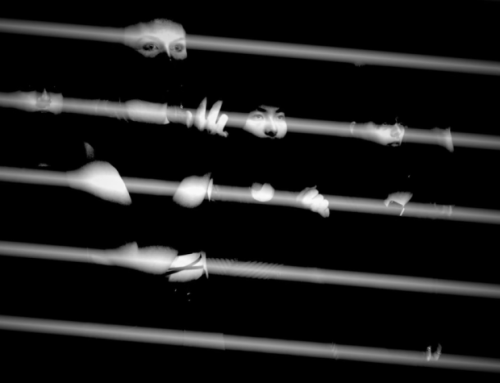Have you been feeling wearied by endless talk of battles when it comes to COVID-19? Have you felt that we need new metaphors to capture the range and complexity of our experiences? A quick google search finds that indeed many of us are probing and questioning the language of the virus: some are questioning whether military metaphors enable more authoritarian political action to become more acceptable; doctors yearn for language that enables rich conversations at the end of life; Arundhati Roy spoke for many when she invited us to consider the pandemic as a portal, an opportunity for reimagining the world.
Some of these ways of thinking were prompted by scholarship that is now decades old. In her famous 1978 work Illness as Metaphor,Susan Sontag wrote: ‘[A]ny important disease whose causality is murky, and for which treatment is ineffectual, tends to be awash in significance…Feelings about evil (and I would say, danger and threat) are projected onto the disease. And the disease (so enriched with meanings) is projected onto the world.”Tuberculosis, a disease of the lungs, the air, the spirit, was metaphorically a disease of the soul.Cancer ate away the soul. Outbreaks of plague were often considered to be the expression of immortality, or created by people thought to be dirty or dangerous: Jews, the poor, foreigners, prostitutes, the Chinese. Paula Treichler extended this way of thinking at the height of the first AIDS crisis (in the ‘West’) in a paperthat viewed the disease as ‘an epidemic of signification’, that is, as an explosion of meaning: about what counted as safe sex or risky sex, about what was deviant or acceptable, about pride and moral decay, about dying or living withAIDS. In these coronavirus days, we have hardly begun to consider how to think, not only about metaphors, but about ‘infodemics’, how they function, how signification – the multiple acts of making meaning – bubbles around them.
Literary scholars are revisiting Camus’ novel The Plague, Daniel Defoe’s Diary of a Plague Year, or examining the ‘Outbreak narrative’in recent movies and other popular culture. Historians have explored how ideas about disease developed, and how disease management and governancehave developed hand in hand.
Philosophers who work in areas of bioethics and applied ethics are affecting policy as well as public thinking by asking what moral commitments, ideas, and principles should underpin disease control strategies – from how we should balance the highest health ‘utility’ (who would have the best health outcomes, often people with more social advantages) against people’s intrinsic worth, family or community roles and significance, or ideas about ‘justice’ in allocating scarce resourcessuch as ventilators; to how we should think about compassion, or intergenerational justice, when balancing the costs of lockdowns against the costs of viral spread.
If you are interested in these ideas, you might want to browse online resources that academics working in these areas are compiling. After renown medical historian Anne Fausto-Sterling called for her colleagues to ‘teach the pandemic’, crowdsourcing a #coronavirussyllabus, several online syllabi and resource collections have appeared. Not all of the material is free to access for people outside institutions with subscriptions, but much of it is, and many academic publishing houses have gone to some efforts to make this material freely available.
The Health Arts and Humanities Programme at the University of Torontohas some collections of COVID-19 related medical humanities writing. These include:
Short Pieces for Long Days: A SARS-Cov-2 Medical Humanities Reader:Articles, essays and art.Curated by: David Elkin, MD, MSL from UCSF
You can also find a link to the compilation COVID-19 Bio-Ethics Resources–http://health-humanities.com/2020/04/22/covid-19-bio-ethics-resources/
And mention of a facebook group entitled: Teaching in the Time of Corona.
The JSTOR blog has a list of links to ‘teach the pandemic’, all with free content. https://daily.jstor.org/teaching-pandemics/





